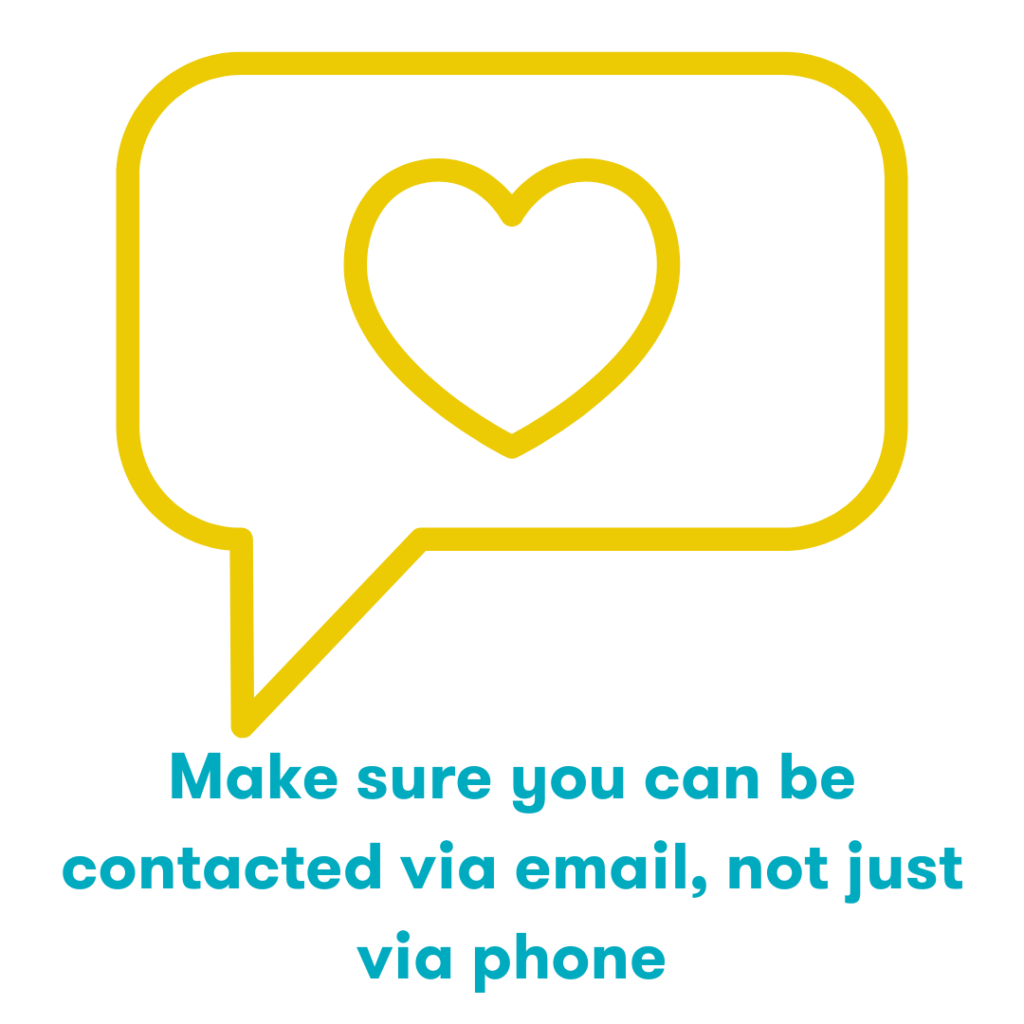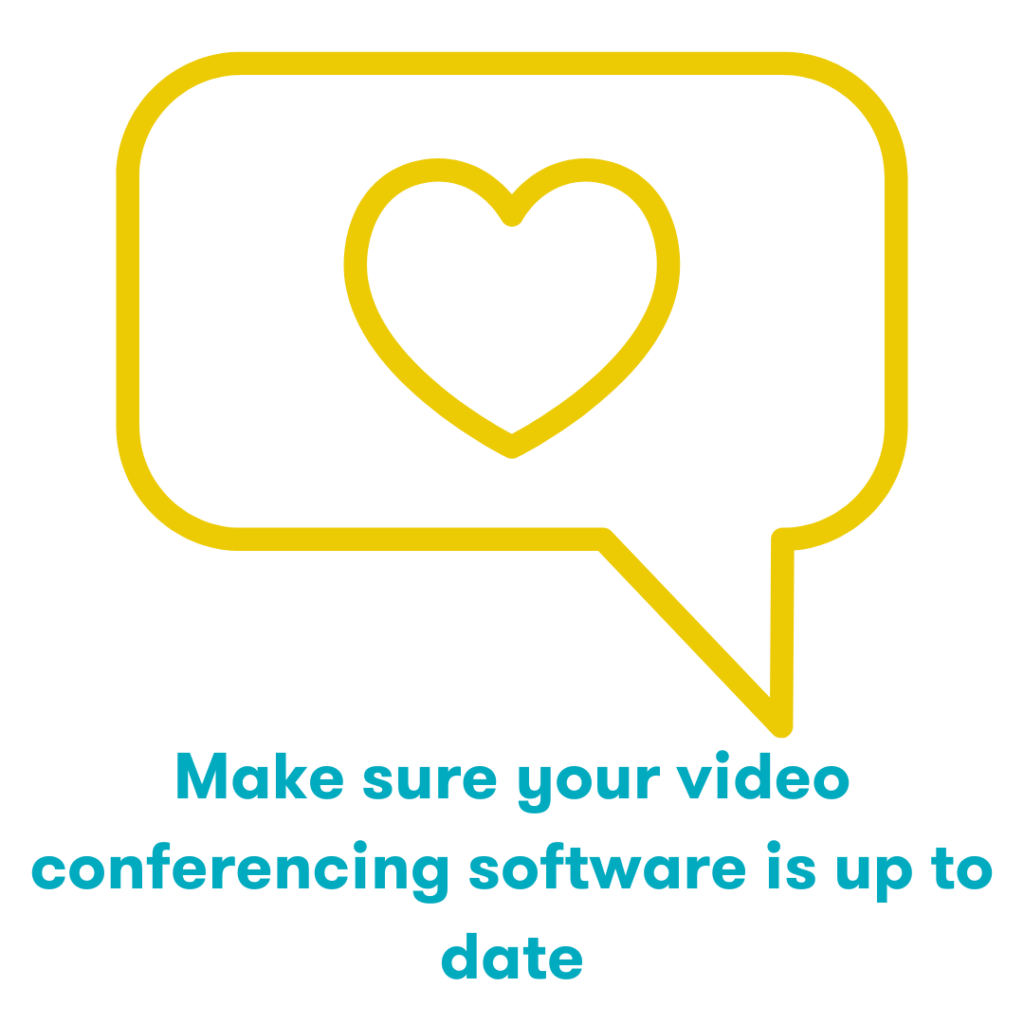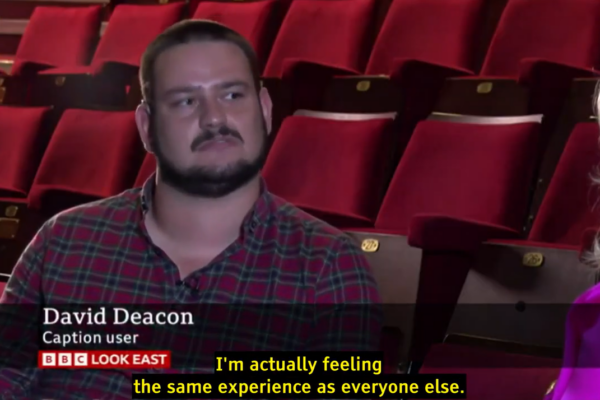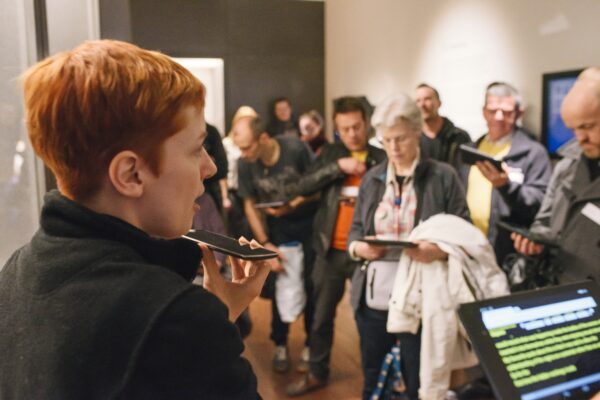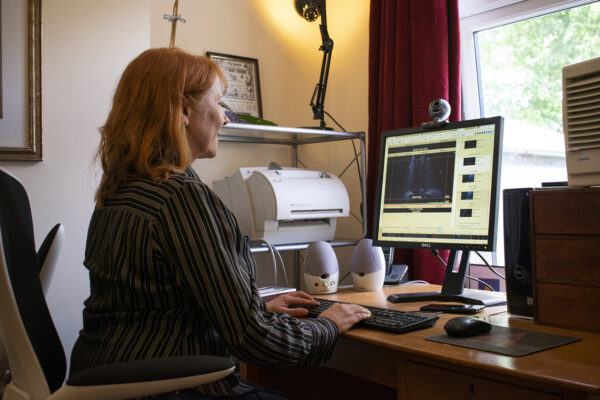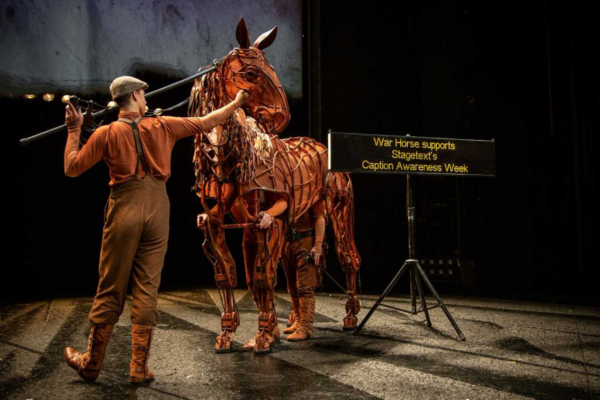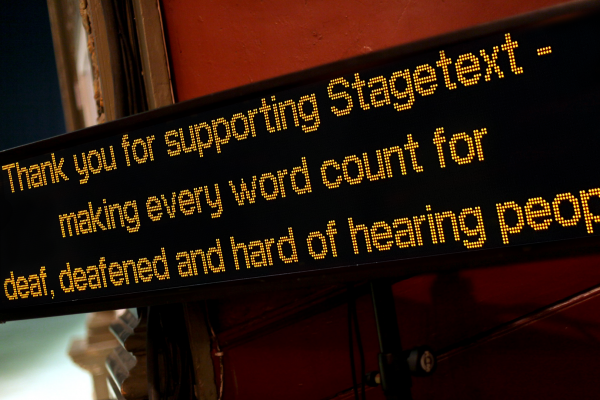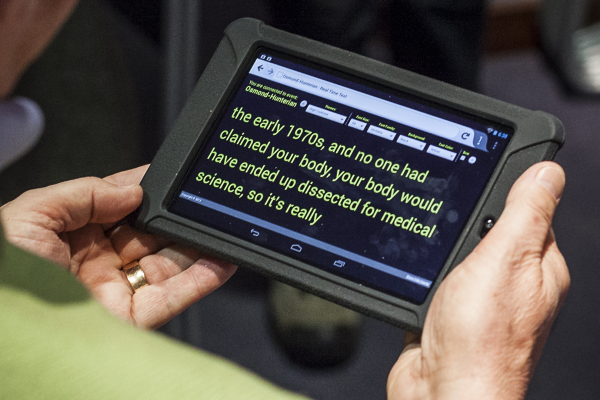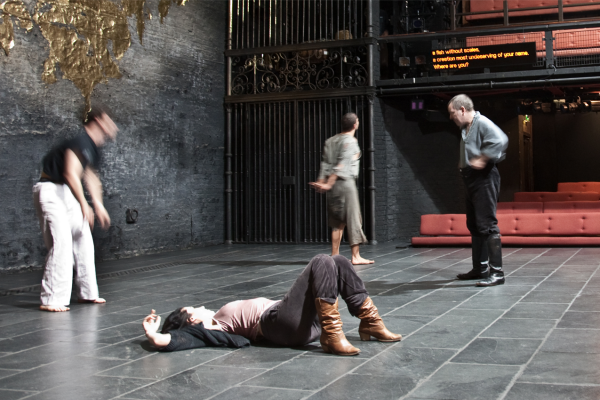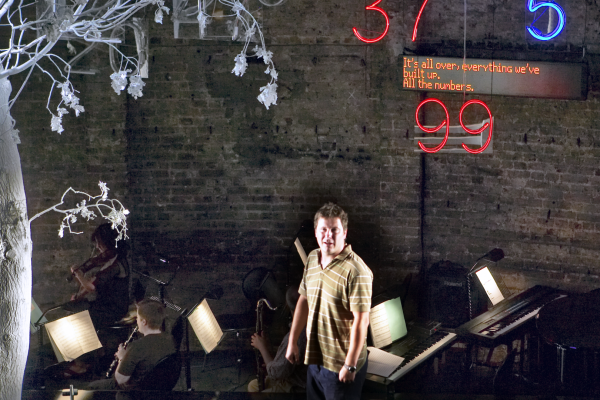Deaf Awareness Week 2024
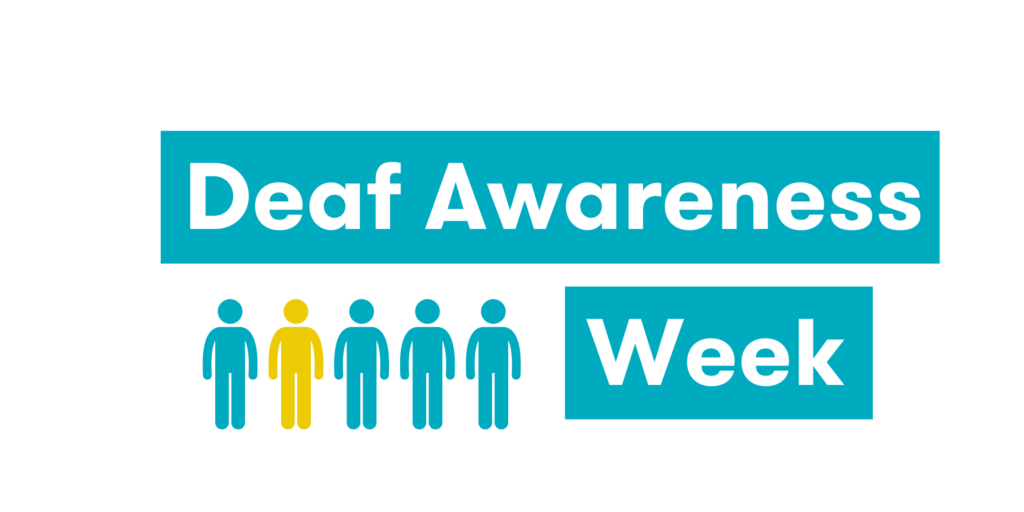
Join us as we celebrate Deaf Awareness Week 2024 from Monday 6th to 12th May and help us make arts and culture accessible for people who are deaf, deafened and hard of hearing.
The theme this year is “Love and Trust” and these values are at the heart of everything we do. When organisations truly prioritise accessibility, build relationships with their community, and create an environment of mutual understanding, something amazing can happen – you are seen as a trusted venue for deaf audiences.
That’s why we’re so passionate about ensuring deaf, deafened, and hard of hearing people can fully experience cultural events like theatre, musicals, museum tours, and author talks through quality captioning and subtitles.
During Deaf Awareness Week, we’ll be sharing helpful resources, offering a free webinar (be sure to sign up!), and sparking conversations about making accessibility the norm, not the exception, across the arts sector.
So get ready for a week filled with tips, good practice and uplifting stories all week long.
See a captioned or live subtitled event
Celebrate Deaf Awareness Week by attending one of the many captioned events that are on. Experience the magic of seeing a live performance or talk and being able to understand every single word.
Book deaf awareness training

Access should never be an afterthought: it should be rooted throughout your organisation. We can help you achieve that. As an Arts Council England Sector Support Organisation, we provide training, support and advice to help make venues like yours more accessible.
Caption your event
If you share our drive for bringing the beauty of theatre or live performance to a wider audience, we can provide two decades of expertise to help prepare your venue or event for a more accessible future.
Top Tips for deaf awareness

We came up with a list of our top tips for making venues more accessible. The Stagetext team has given their advice for how theatres, museums, galleries, as well as online and digital work can be made more inclusive.
Why do we do it? Here’s what our users say:
Wayne
The Benefits of Captioning
Captioning doesn’t just benefit those who are deaf, deafened, or hard of hearing; it enriches the arts for everyone. Here are some of the key benefits:
-
Inclusivity
Captioning ensures that individuals who are deaf, deafened or hard of hearing, can enjoy the arts just like everyone else. It promotes a sense of belonging and equality in cultural spaces.
-
Enhanced Understanding
Even for those with perfect hearing, live performances can sometimes be challenging to follow due to accents, complex dialogue, or audio issues. Captions help everyone understand the content more clearly.
-
Language Access
For non-native speakers or individuals with language-related disabilities, captions offer an essential tool for comprehension.
-
Cultural Enrichment
Captioning opens up the arts to a wider and more diverse audience, fostering a richer cultural exchange and appreciation.
Want to get involved? Get in touch – we’d love to hear from you!
Venues: We work with venues throughout the year, offering them training sessions and free resources, including the Captioning Display Standards.
Captioned and Live subtitled events: See all the events happening on our What’s On page.


